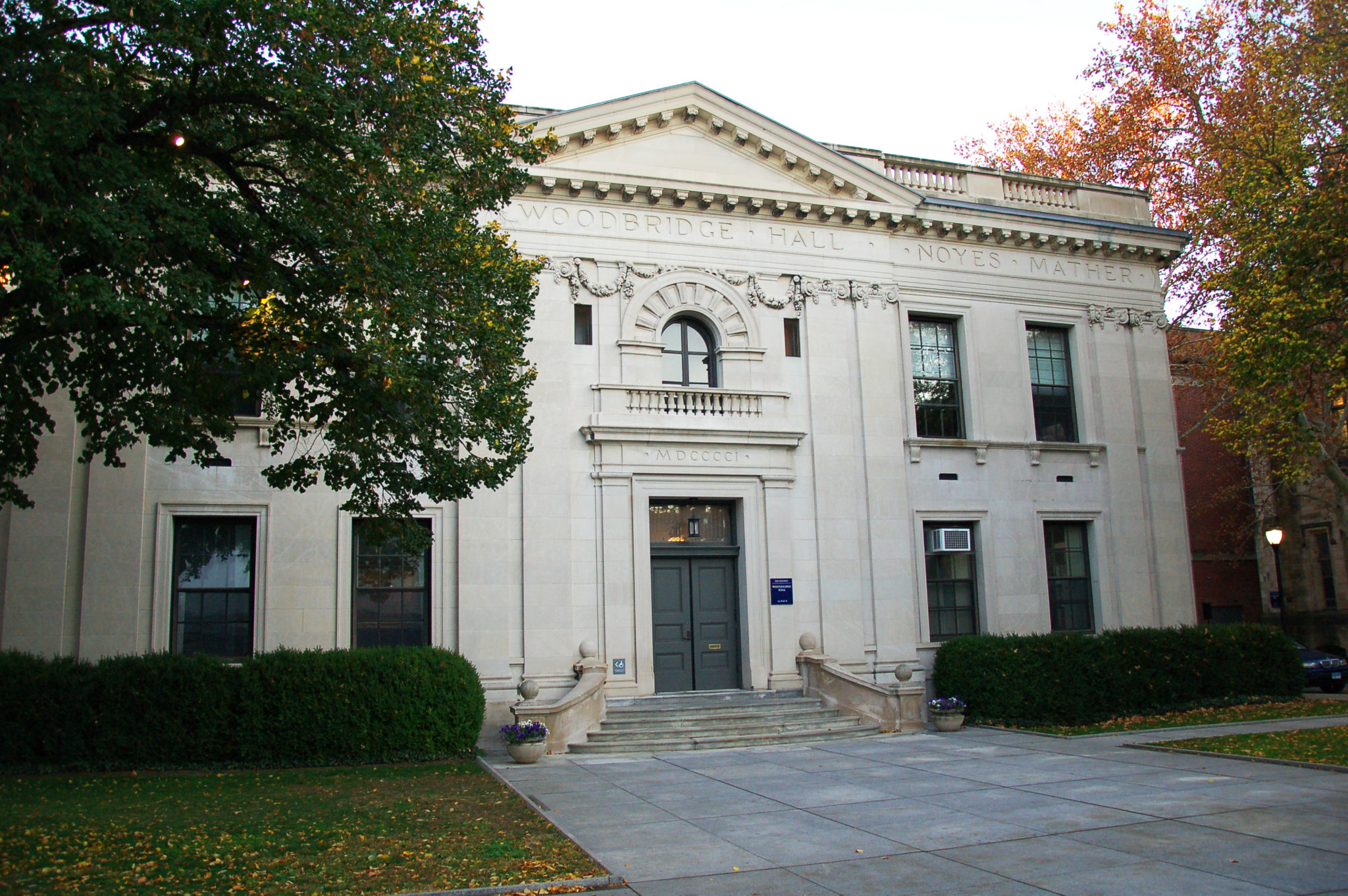
University President Peter Salovey told the News last fall that the opening phase of Yale’s next major fundraising push would likely begin in September 2018.
But asked last month whether the campaign was on track to launch in September, Salovey said he does not know when the campaign will begin, explaining that the University will take its time finalizing the academic objectives that are expected to serve as the centerpiece of the campaign.
It’s now been seven years since Yale wrapped up its last capital campaign, a historic fundraising push that generated nearly $4 billion in donations. But Salovey said he is in no rush to get the next campaign underway.
“My view is, we should take whatever time we need,” he said. “The issue is this: We want to get the priorities right. We want to build support for those priorities on campus … It’s more important to get that really right, optimally understood and accepted and then to give things a launch.”
In fall 2016, Salovey outlined a draft of his broad academic priorities for the University, including bolstered offerings in the sciences, arts, humanities and social sciences. After chartering committees across the University to bring greater specificity to that vision, Salovey and University Provost Ben Polak now await those committees’ reports, most of which they expect to receive this spring. In the meantime, the launch of the silent phase — in which the University plans to raise at least a third of its funding goal before it announces the campaign to the public — remains on hold.
Yale has historically waited longer between campaigns than other universities, according to Vice President for Development Joan O’Neill. The silent phase of Yale Tomorrow’s began in 2004, seven years after the end of the previous campaign. The University’s next campaign will be the first under Salovey — who spent much of the last year shifting his focus to Yale’s academic planning after years of institutional tumult surrounding renaming and racial protests.
At the moment, Salovey and Polak are waiting for reports from committees studying the future of the Jackson Institute for Global Affairs, Yale’s global presence and the University’s offerings in the sciences, social sciences and humanities. Earlier this fall, Salovey told the News that the Office of Development would begin converting academic priorities into actionable fundraising priorities this semester.
Alan Gerber ’86, dean of social science, told the News that that his committee — which is studying data-driven social science research at Yale alongside a different committee exploring the potential establishment of a public policy school at Yale — would likely not deliver its report until the middle of the 2018–2019 academic year.
O’Neill emphasized that important planning work is currently happening in the Yale’s academic units. Although her office is expanding in preparation for the campaign, she said, the bulk of the current work leading up to the fundraising push is based in Yale’s schools.
“Academic units are doing their work,” O’Neill said. “We cannot get out in front of that.”
O’Neill said her office has gradually hired more than 15 new staff members in preparation for the campaign and will continue to expand over the next three years. It has also added new staff to help with fundraising in the sciences and securing gifts from young alumni, she said
But whatever begins as the University’s central priorities for the campaign will be subject to change, according to former Vice President for Development Inge Reichenbach, who noted that campaign priorities constantly change over the course of a two-year silent phase and a five-year public phase. For instance, she said, the two new colleges became a gift opportunity in the middle of the last campaign and the opportunity to buy West Campus similarly “came out of nowhere.”
Vice President for Global Strategy Pericles Lewis said the potential expansion of the Jackson Institute and financial aid will be key priorities of the next capital campaign. Lewis leads a committee that will deliver a report on Yale’s international strategic planning to Salovey later this semester. Among other recommendations, the report suggests bolstering Yale’s financial aid for international students, particularly graduate and professional students.
Salovey said Yale has now fully rebounded from the financial setbacks that resulted from the 2008 recession, which cut the University’s endowment by nearly 25 percent. With a balanced budget and an expanded Yale College student body in two new colleges, the University is well positioned to begin its next capital campaign, he said, adding that he has been laying the groundwork for the campaign since the beginning of his presidency.
Yale Tomorrow raised $3.881 billion.
Hailey Fuchs | hailey.fuchs@yale.edu







